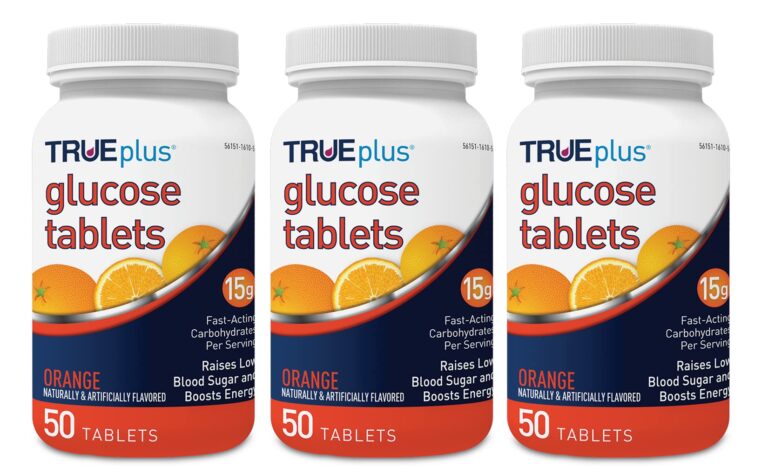Everything You Need to Stay Healthy After a Pregnancy
A new chapter in your journey as a parent begins when you venture into the field of postpartum wellness. After childbirth, there is a period of physical and emotional transition. Taking care of your health after pregnancy is crucial for both your healing and the upbringing of your child. Everything you need to know to navigate this phase of transformation with strength and confidence will be covered in this handbook.
After-partum Nutrition
Postpartum nutrition is essential for both your baby’s health and your recovery. Your body requires nutrition after giving birth to recover and generate breast milk. Aim for a diet high in fruits, vegetables, lean meats, whole grains, and other nutrients and well-balanced. These meals supply vital vitamins and minerals for health and vitality. Include meals high in iron, such as leafy greens, beans, and lean meats, to help you replace your iron stores after giving birth. Drink plenty of water throughout the day to stay hydrated, as nursing may increase your fluid requirements.
Emotional Health
It’s common to feel a variety of feelings at this time, such as worry, anxiety, and excitement and delight. Always remember to be honest about your feelings with your family, friends, and partner. Getting assistance from family members and experts, including therapists or support groups, can help you get through any difficulties you may have. Engage in self-care practices that encourage calmness and alleviate stress, such as deep breathing techniques, meditation, or leisure activities you enjoy. Make sleep and relaxation a priority to maintain your emotional stability and mental health.
Assistance with Breastfeeding
Antibodies and vital nutrients found in breast milk help your baby’s immune system and growth. Never be afraid to ask lactation consultants or breastfeeding support groups for assistance if you are having problems latching onto your baby or if your milk supply is low. They can provide direction and ways around these challenges. In situations where you must be away from your infant or if you are having engorgement, think about utilizing breast pumps to express milk. To maintain the quality of your breast milk, always remember to store it carefully and with the right hygiene.
Suitable Sleep Position
Even though it’s common to have disturbed sleep patterns when caring for a newborn, developing healthy sleep habits can help you receive the rest you require. Your bedroom should be quiet, dark, and cold to promote restful sleep. Create a nightly ritual, like reading a book or having a warm bath, to tell your body it’s time to relax. Take advantage of the opportunity to nap during the day to make up for lost sleep at night. Caffeine and stimulating activities should be avoided right before bed as they can make it difficult for you to fall asleep. Make sleep a priority as much as you can because getting enough sleep during the postpartum time is crucial for both your physical and mental well-being.
Postpartum Medical Care
To guarantee your health and take care of any issues that may arise after giving delivery, postpartum healthcare is crucial. To monitor your recovery and manage any postpartum concerns, you must attend follow-up consultations with your healthcare provider, such as your obstetrician or gynecologist (OBGYN). If you live in Virginia, your Richmond-based OBGYN will examine your physical health, talk with you about any symptoms or worries you may have, and offer advice on family planning and contraception throughout these visits. If you have severe bleeding, ongoing pain, or other indications of an infection, don’t hesitate to get help from a doctor; prompt action can help you avoid problems and have a quicker recovery.
Conclusion
Nutrition, physical healing, emotional support, breastfeeding, good sleep hygiene, and postpartum healthcare are all important things to focus on since they will set the stage for a healthy future for you and your child. Accept the difficulties and rewards of this pivotal time, knowing that you have the skills and assets necessary to succeed. Continue asking for help from family and medical experts when you need it, and have faith in your capacity to handle the challenges of postpartum life with grace and resiliency.







